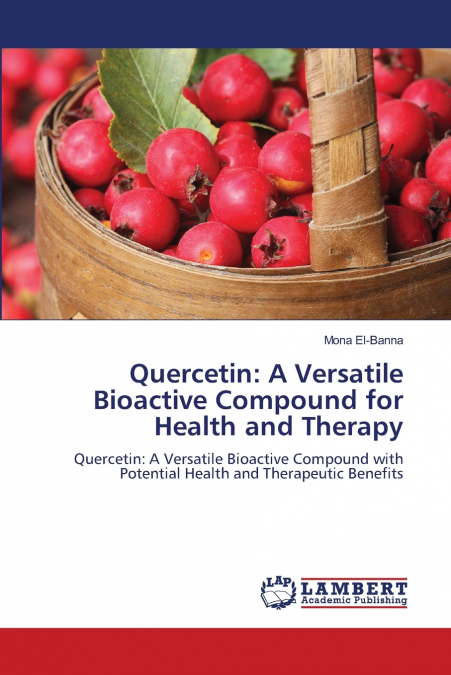
Mona El-Banna
Quercetin, a naturally occurring flavonoid, possesses diverse pharmacological properties, including antioxidant, anti-inflammatory, antiviral, antibacterial, antifungal, cardioprotective, neuroprotective, antidiabetic, and anticancer activities. Its antioxidant effects stem from its ability to scavenge free radicals and enhance cellular defense mechanisms, while its anti-inflammatory properties involve the inhibition of NF-κB, inflammasome activation, and cytokine production, making it a potential treatment for chronic inflammation, COVID-19-induced cytokine storms, and ARDS.Quercetin exhibits broad-spectrum antimicrobial activity, targeting bacteria, fungi, and viruses by disrupting microbial membranes, inhibiting nucleic acid synthesis, and preventing biofilm formation. It has demonstrated antiviral efficacy against SARS-CoV-2 by inhibiting viral replication, protease activity, and enhancing NRF2-mediated cellular protection. Additionally, its cardioprotective and neuroprotective properties make it beneficial for hypertension and neurodegenerative diseases, while its anticancer effects involve inhibiting tumor growth, inducing apoptosis, and enhancing chemotherapy efficacy.